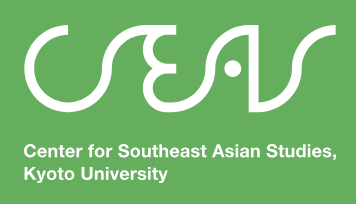Kyoto Center for Southeast Asian Studies (CSEAS)
Kyoto University

Greetings and welcome to CSEAS. My name is Fumiharu Mieno, the Director of the Center for Southeast Asian Area Studies (CSEAS) since April 1 2022. My research area is economic development and finance systems, with a primary focus on Thailand, Myanmar and Laos, studying the characteristics of economic systems including financial institutions and corporations. With empirical research that focuses on regions such Southeast Asian studies there is a need for the integration of two different academic approaches: discipline-based frameworks for the systematic understanding of phenomena, and area studies-based skills for observing “what is actually happening and occurring there”
One distinct characteristic of CSEAS is the diversity of research fields covered by faculty and the orientation of our multidisciplinary area studies. CSEAS brings together researchers who specialize across various fields ranging from the humanities studies and social sciences to the natural sciences including the life science. Throughout the year, about eight foreign fellows from around the world stay with us to work on various issues across the region. Whilst CSEAS’ main pillars are Southeast Asian studies, global area studies, and the integration of area studies and informatics, researchers with diverse disciplinary backgrounds actively collaborate together closely through field research. We are proud of our strengths in making sense of “what is and what has happened in Southeast Asia and other regions.” We hope to further build on these over the coming years.
As we enter the 2020s, Asia and the world are experiencing major transformations. The global pandemic drastically changed human living conditions and international cooperation and free trade, taken for granted until the end of the 2010s, have been rapidly replaced by systemic conflicts and governmental control. In contrast, the unabated digitalization of society has accelerated, transforming not just the lives of people, but also political and economic systems. It is clear that these mutually influence and amplify each other. In addition, until the last decade, this has involved the consequences of technological progress, the market economy and social transformation and their subsequent reactions to them.
Such developments have produced new challenges to Southeast Asian area studies and forced us to change our research approaches. This is partly because field research and collaboration with local communities are becoming increasingly important, yet more difficult to carry out, and also due to increasing concerns within Southeast Asian Studies and area studies over the importance of understanding the potential applications of big data and events that occur in cyberspace. Undauntedly, we meet these new challenges presented by this changing environment. We would very much appreciate your cooperation and support toward the activities from our research communities.